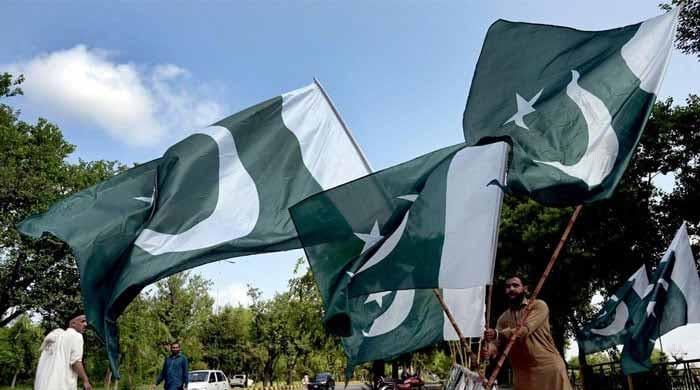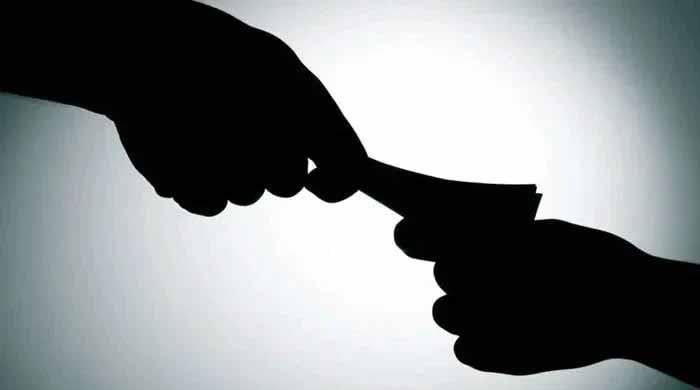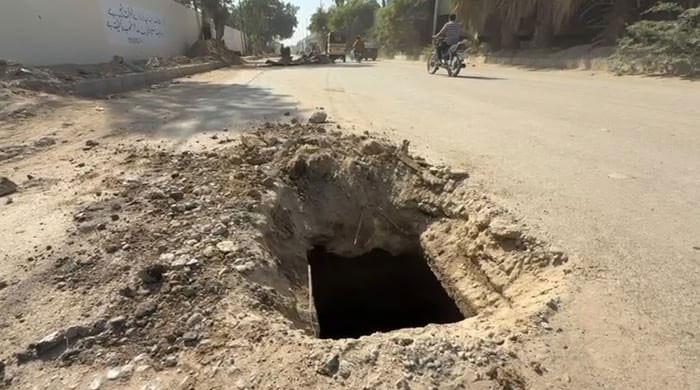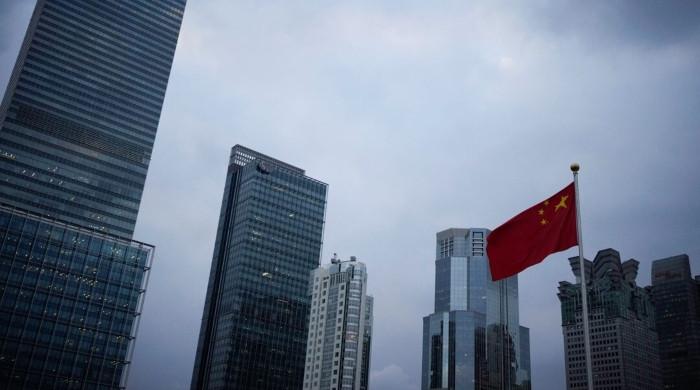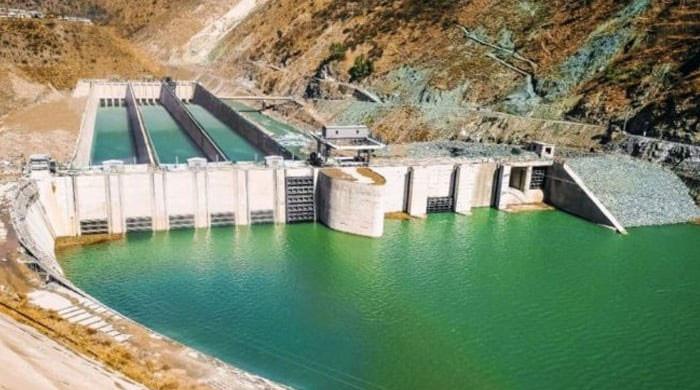Idea of prime ministerial debate in Pakistan
It would have been political suicide for Nawaz Sharif to enter into a debate with young Bilawal Bhutto Zardari
February 06, 2024
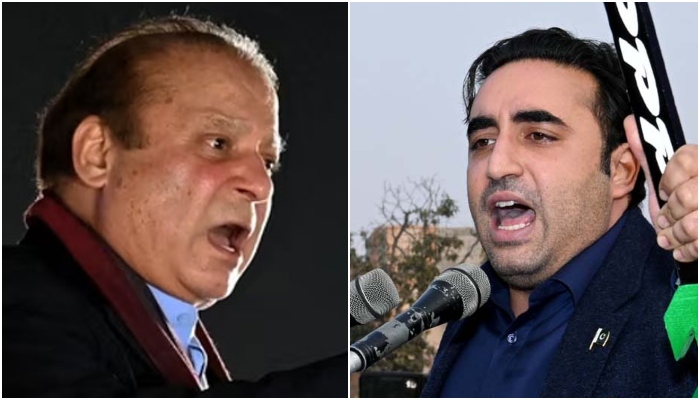
The election campaign 2024 ends without leaders of the major political parties holding a prime ministerial debate. As a result, the nation has missed the opportunity of watching a critical, fiery but informed debate about discussion on burning issues.
Customarily, throughout this campaign, the country witnessed nothing more than a stage performance. In every event, leaders of the different political parties repeated their rhetoric, hurled allegations against each other and that too, to their own charged crowd.
The question is why have our political leaders avoided entering into a prime ministerial debate? Was that only because we had no such tradition before? The answer is both yes and no.
Let’s first look into the reason why this idea of prime ministerial debate came up in Pakistan.
In 2007, when former prime minister Benazir Bhutto was preparing for her historic homecoming, I interviewed her at length on different issues. Her knowledge of domestic as well as global issues was so impressive that it reminded me of US presidential debates.
I had already interviewed another former prime minister Nawaz Sharif a number of times. Those were momentous moments.
Nawaz Sharif had ended his exile and was spending time in Dubai. This also gave chance to both Benazir Bhutto and Nawaz Sharif to meet and forge an alliance against the then-dictator Pervez Musharraf.
I was also the first to interview both prime ministers together sitting side by side at Senator Ishaq Dar’s residence in Dubai. Soon, they were to sign a charter of democracy.
There is no doubt that Shaheed Benazir Bhutto had a charismatic aura. One would love to keep listening to her valuable thoughts. Yet, those who have had a chance to see Mian Nawaz Sharif closely also admire his intellect and wisdom.
By nature, he opts for a simplistic style. It benefits him as more people are drawn to him in such ways. Yet, in private, he talks about the most pertinent international issues in an equally simple way, leaving even the intellectual listeners stunned.
Having enjoyed some memorable moments with both, I wanted to see them talking face to face.
As a journalist, I knew, there political debate would be like a Superbowl, Olympics or presidential debate in the USA. I was sure that the whole nation would glue to their TV sets, watch their performance and come out in huge numbers to vote.
So, before leaving her house, I brought up the idea of a prime ministerial debate with Mian Nawaz Sharif. With a broad smile on her face, Benazir Bhutto replied "I would leave that to young people like you. This is your world. Traditions were different when we were growing up. Now, we will follow the youth. We will do whatever you say."
Remembering Shaheed Bibi’s life and times on her anniversary, I wrote an article for Geo Urdu that if she was alive, the country would have witnessed a prime ministerial debate with Mian Nawaz Sharif.
In no time, her young and able son, Bilawal, who is carrying the mantel of the Bhutto family, took up the challenge. In an interview, Bilawal Bhutto said, "I am the prime ministerial candidate of my political party (PPP). Whoever is the prime ministerial candidate of PML-N should come and have a debate with me on national TV."
It was a sharp political move as Oxford graduated Bilawal Bhutto knew well that there was no chance that the PML-N would accept the challenge. The reason was obvious.
Clearly, it would have been political suicide for thrice elected prime minister Nawaz Sharif to enter into a debate with young Bilawal Bhutto who had only served as a foreign minister. And that too, for over a year.
However, it would have been a different case if former president Asif Zardari was contesting for the slot of prime minister and had challenged Nawaz Sharif for such a discourse.
So, Mian Nawaz Sharif avoided addressing the issue. On the other hand, Mian Shahbaz Sharif and Maryam Nawaz didn’t reject the idea but kept emphasising on comparison of past performance.
Even this development should be taken as a positive sign in our politics. At least, they have discussed the possibility of having a debate. It shows the seriousness of keeping the nation informed about the issues and their possible solutions.
Holding a debate also needs some preparations. The dates are set well in advance so that political leaders schedule their rallies and other engagements accordingly.
For such mega TV events, leaders are also thoroughly briefed by experts on major domestic and international issues. They are given tips about handshakes, body language and the use of buzzwords to make headlines. Neutrality of the host is equally paramount.
Hence, for several reasons, it may take some years for Pakistan to join the long list of countries where such debates become a political norm.
However, Bilawal Bhutto should be lauded for being the first to boldly accept and challenge his rivals for a political duel in our country.




